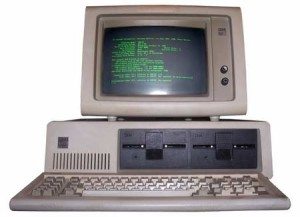
And even when the tech people did warn us, we didn’t listen.
“In 1999, Scott McNealy, the chief executive of Sun Microsystems, summed up the valley’s attitude toward personal data in what became a defining comment of the dot-com boom. “You have zero privacy,” he said. “Get over it.”
But the naive attitude continues:
Mr. McNealy is not retracting that comment, not quite; but like Mr. Metcalfe he is more worried about potential government abuse than he used to be. “Should you be afraid if AT&T has your data? Google?” he asked. “They’re private entities. AT&T can’t hurt me. Jerry Brown and Barack Obama can.”
AT&T and Google can’t hurt me? Think again Scott. They can raise my bill with bogus charges or keep track of ads I click on and use that data against me if they want. It’s then up to me to cleanse my own record. The government can go after me too, but they don’t have the financial incentive to do so. Guess which one I’m more afraid of?
The people who brought us the computer revolution were smart, but were perhaps too smart. Their bias was toward maintaining data and recovering information if the system crashes. That’s why you truly cannot erase the footprints you make on your machine or in cyberspace. Now that the Congress has passed laws and the courts have upheld their legality, it should surprise no one that the government is mining the data in the name of national security.
For more, go to www.facebook.com/WhereDemocracyLives and on Twitter @rigrundfest
Share this content:








